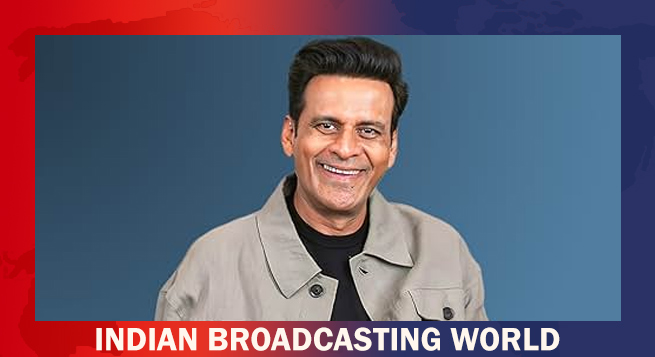India’s federal government told the Delhi High Court on Tuesday that Twitter was prima facie in compliance with the new Information Technology Rules by appointing a Chief Compliance Officer (CCO), Resident Grievance Officer (RGO) and Nodal Contact Person on a permanent basis.
Justice Rekha Palli, who was hearing a petition alleging non-compliance of IT Rules by the US-based micro-blogging site, sought an affidavit from the deferral government to bring its stand on record within two weeks.
“Chief Compliance Officer, Nodal Contact Person (NCP) and Resident Grievance Officer have been appointed in compliance with the law. That’s the email that I’ve received (from the instructing authority). It’s better to have an affidavit,” Additional Solicitor General Chetan Sharma said, according to a PTI news report from New Delhi.
The court said that Twitter’s affidavit on its compliance with IT Rules was finally on record.
Twitter’s lawyer said the appointed persons will work on a full-time basis and are fully capable of performing the functions in terms of the law.
“Court gave us a long rope. Finally we have rectified the situation. We have permanent people occupying the position,” Poovayya submitted.
On July 28, the court had expressed displeasure over Twitter appointing a contingent worker as CCO and said that the social media platform was in non-compliance with the new IT Rules.
“I’m giving you a long rope but don’t expect the court to do it on and on,” the court had earlier said.
Petitioner-lawyer Amit Acharya, represented by senior advocate G Tushar Rao, claimed that he came to know about the alleged non-compliance of IT Rules by Twitter when he tried to lodge a complaint against a couple of tweets.
The Information Technology (Intermediary Guidelines and Digital Ethics Code) Rules, 2021 seek to regulate dissemination and publication of content in cyber space, including social media platforms, and were notified in February by the federal government.
The matter would be heard next on October 5, 2021.
Twitter has been in a face-off mode with the government as far as the new digital regulations are concerned.
Though till sometime back it had failed to appoint permanent Indian residents to key positions as mandated by the law, it had also not attempted to seek legal protection even when the government claimed the SM site had lost its protection against third-party content on its platform — a puzzling strategy that had raised some legal eyebrows in India.
 ‘Pushpa 2: The Rule’ nets Rs 1,292 crore at BO in 10 days
‘Pushpa 2: The Rule’ nets Rs 1,292 crore at BO in 10 days  Manoj Bajpayee on investigative journalism & ‘Despatch’
Manoj Bajpayee on investigative journalism & ‘Despatch’  MAAC hosts 21st MAAC 24FPS International animation awards
MAAC hosts 21st MAAC 24FPS International animation awards  Jiocinema drops ‘Doctors’ trailer
Jiocinema drops ‘Doctors’ trailer  News18 unveils ‘News18 Kumbh’ exclusive YouTube channel
News18 unveils ‘News18 Kumbh’ exclusive YouTube channel 








